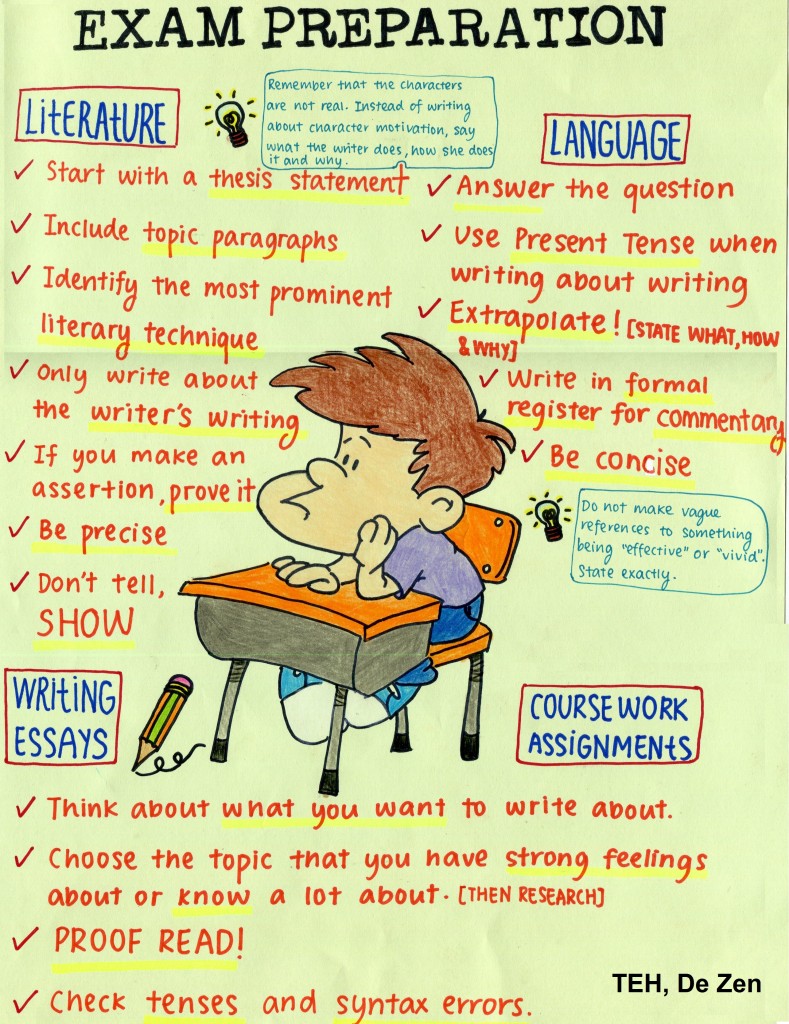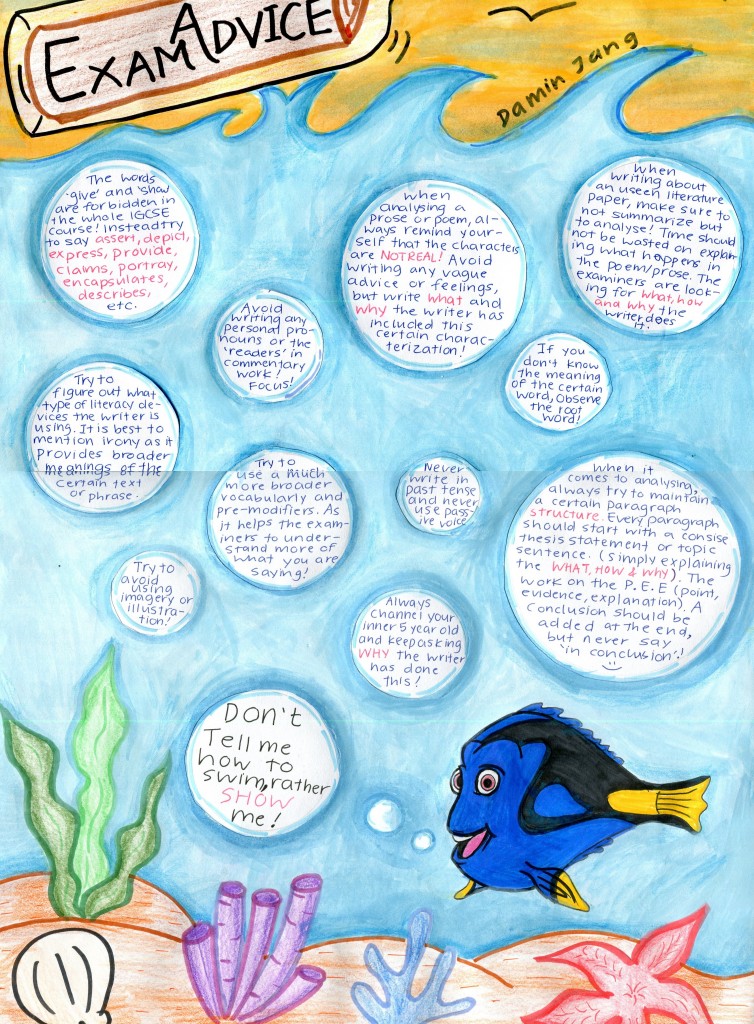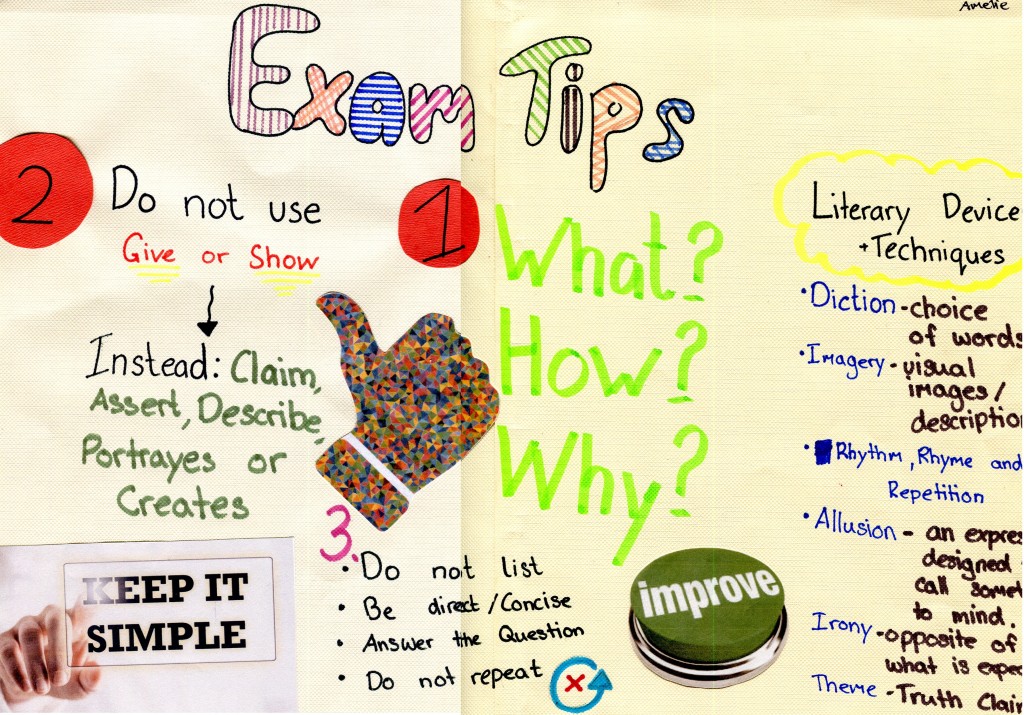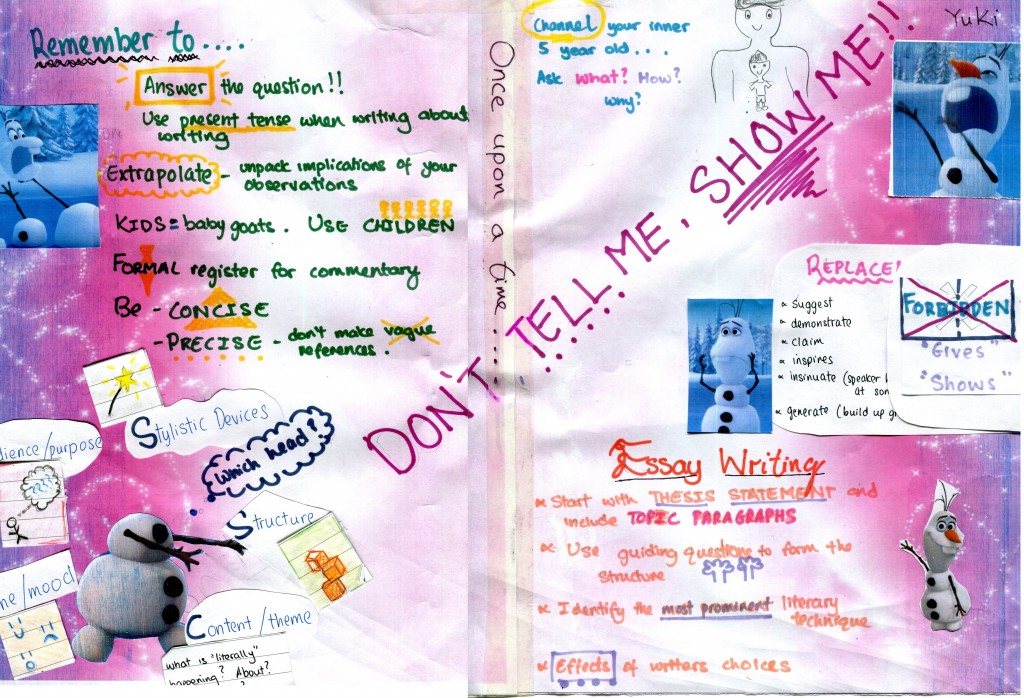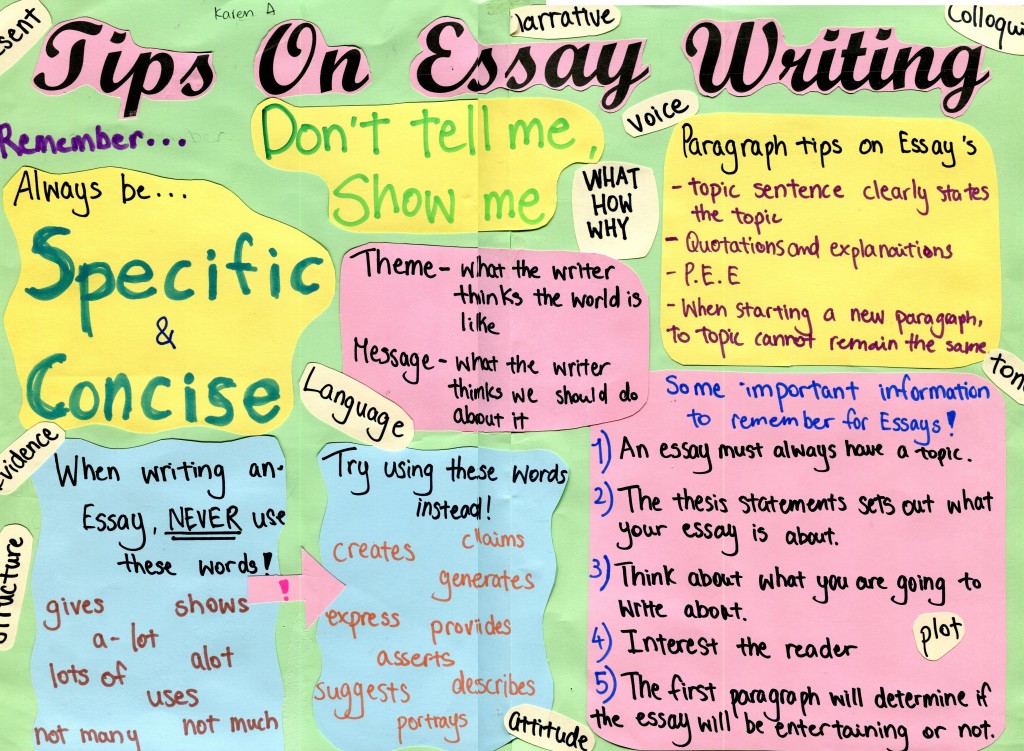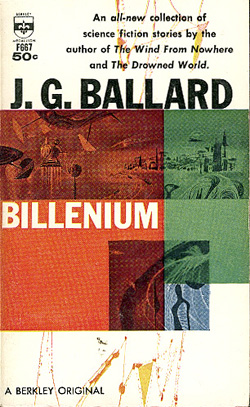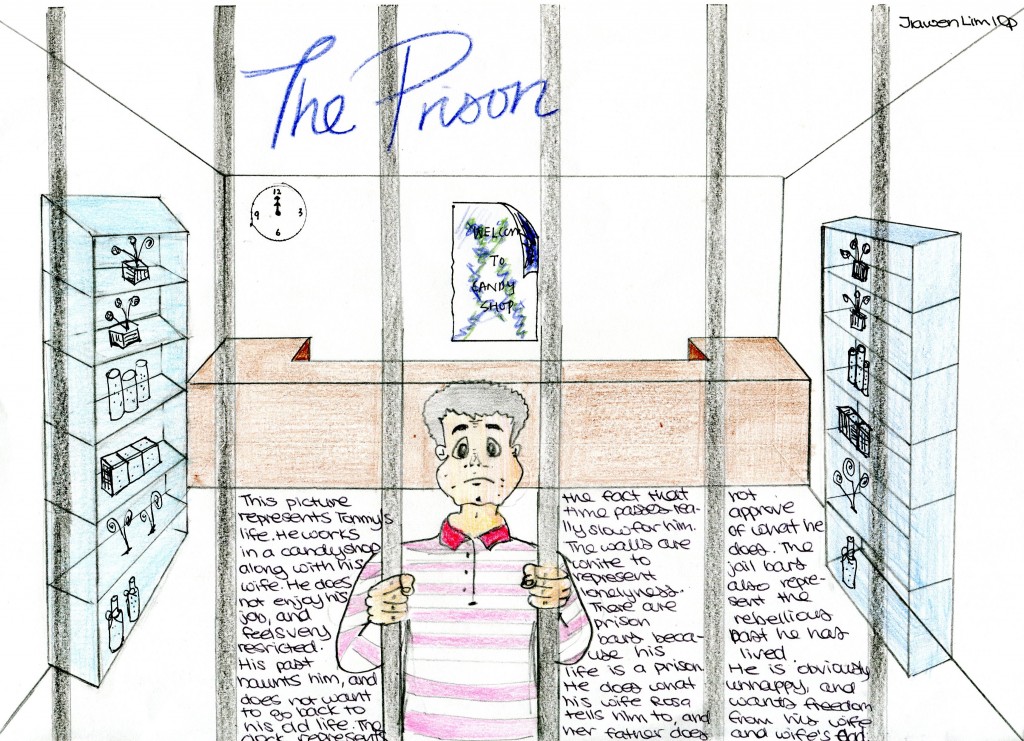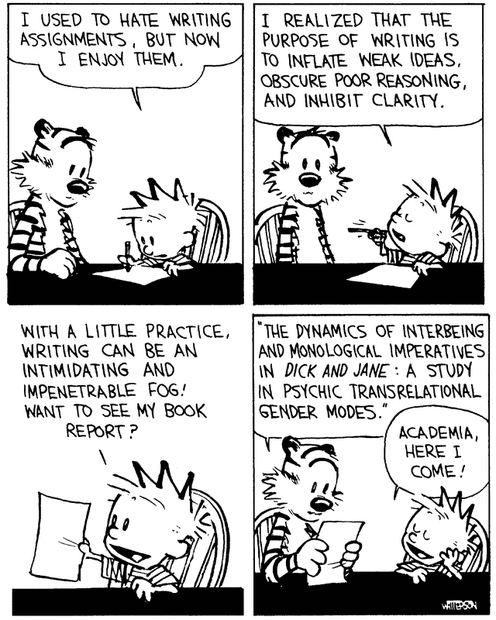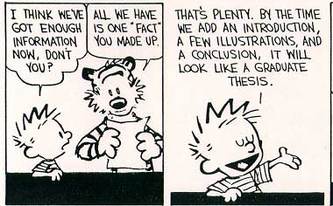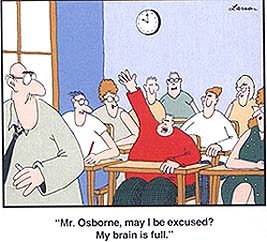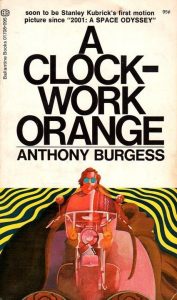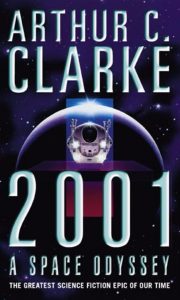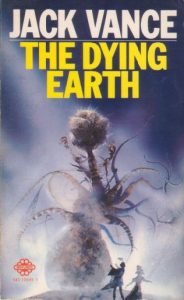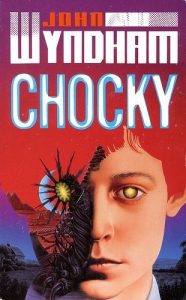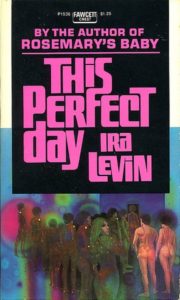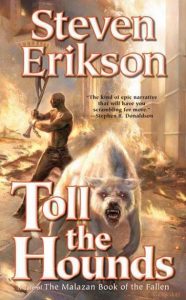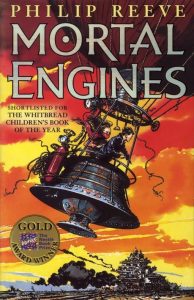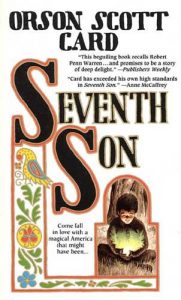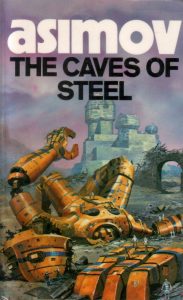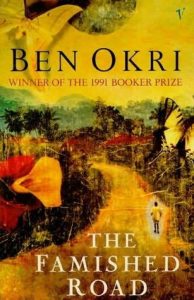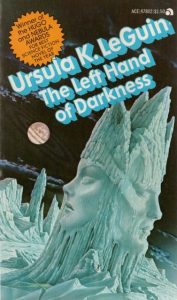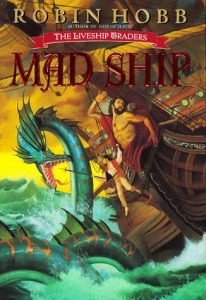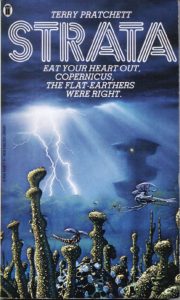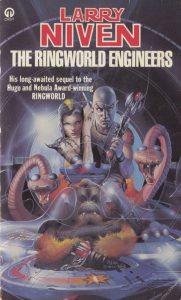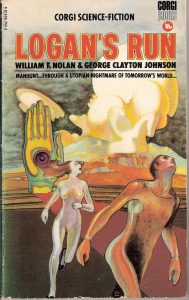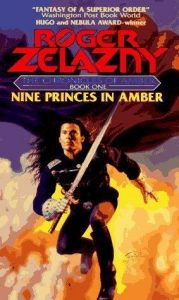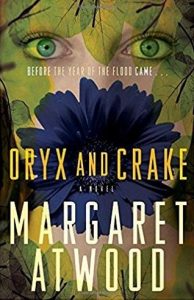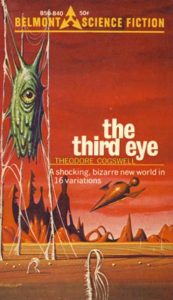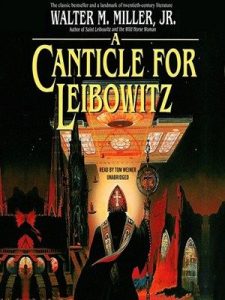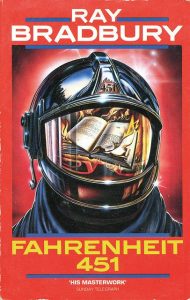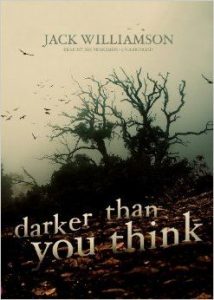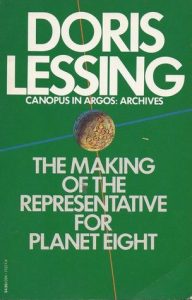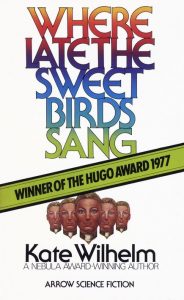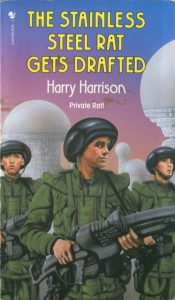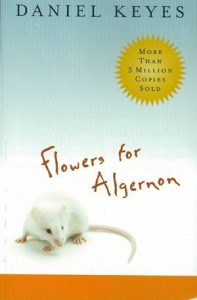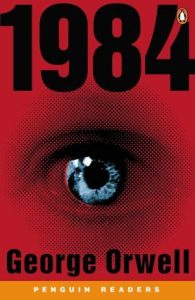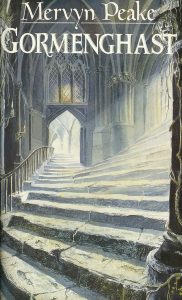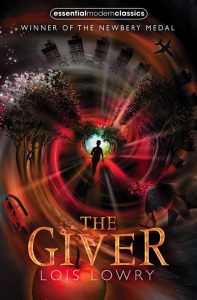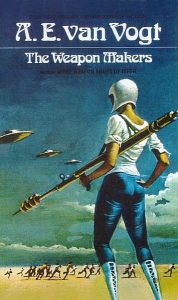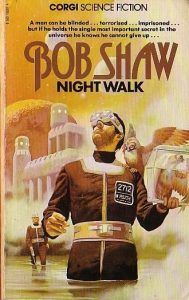Posts Tagged ‘igcse’
-
Essay Advice
16/06/2016 by axonite
Category Exams, IGCSE, Writing | Tags: commentary,exams,igcse,writing | No Comments
-
Sonnet 116 by William Shakespeare
13/04/2016 by axonite
Greek words for ‘Love’
The Greek language has four words for “love”:
1. Agápe – undeserved love. In Latin, it is c(h)aritas. As English has the verb “cherish” from this Latin noun, the correct noun in English would be ‘cherishing.’ It is unselfish love as taught by Christ in the Sermon on the Mount and summed up by St. Paul the Apostle in 1 Corinthians 13.
2. Philía or the love between friends.
3. Storgé or familial love, especially between parents and their children and also with close relatives.
4. Éros, which has a pagan sexual sense, a Platonic philosophical sense and a religious sense. The basic meaning is attraction. It is also used for a person being ‘pulled’ towards God.
Sonnet 116 (The Marriage of True Minds) is a declaration, an idealistic manifesto. “Love,” as Shakespeare defines it, is not some shallow self-serving physical attraction, a James Bond style seduction that is really only about bolstering one’s own ego, but rather a “marriage of true minds.” It is reliable and constant (“an ever-fixed mark”) rather than an ephemeral fancy that fades with the beloved’s looks or youthfulness. Thus, it is clear that he is not talking of ‘romantic’ love or physical attraction at all – as the term “of true minds” implies, this is a wider and more lofty ‘love’ that is irrespective of gender or appearances. It encompasses friends (perhaps more so than lovers). It survives arguments and trying times (“looks on tempests and is never shaken”). Shakespeare is so certain of his belief that he states that if he is proved wrong, then he “never writ, nor no man ever lov’d.”
No, it’s not this.
…and certainly not this either.
It’s more like this.
…and this.
These couples will remind you what love is really about
Couple married for 64 years die holding hands, just hours apart
…and these:
Category Exams, IGCSE, Poetry | Tags: igcse,love,poetry,shakespeare,sonnets | No Comments
-
Exam paper practice
19/03/2015 by axonite
IGCSE exam paper practice piece.
Students were asked to answer the following question:
Re-read Background Material by Tony Harrison.Explore the ways in which Harrison makes looking at the photographs of his parents asignificant and moving experience.Here are a couple of the best:
background_material_01
background_material_02Reminders:
Look at the title first – extrapolate.
Very few people remember to do this (and thus fail to gain a genuine insight). In the case of this poem, while several people spotted the literal and figurative applications of “background” in the text, only two or three thought to state that the term often refers to the research that an author does prior to writing – thus, the implication is that Harrison’s parents (at least in this poem) have been reduced to mere data to serve his own storytelling. Again, one may wish to extrapolate on this.
State the author’s name.
It is often buried in the copywriter information.
Avoid slang and colloquial expressions.
A disappointingly large number of people used the terms “mum” and “dad.” This is formal work and demands a formal register.
This is a poem – not prose.
Show the examiner that you know the difference. Comment on what the poetic devices do (but remember that you also need to do this when writing about prose).
“Both are different” – this is impossible!
Avoid litotes.
Several people wrote expressions along the lines of “not many people” instead of ‘few people’ or “did not have much significance” instead or ‘had little significance.’
An idea, a notion or a belief?
An idea is an inspiration for action – it is not the same as a notion or a belief. “John had a great idea – he would build an automatic nail clipper.”
Do not scribble out.
Why draw the examiner’s attention to what you’ve done wrong?! Draw his/her attention to what you’ve done well.
Do not read in what is not there!
A few people decided to force a moral or theme onto the piece with no evidence from the text – or at least no attempt to suggest any. “They still love each other” – Do they? Prove it!
Category IGCSE, Poetry | Tags: igcse,poetry,year 10 | No Comments
-
Advice for Commentary Writing
29/01/2014 by axonite
At IGCSE and IB level, the skill of commentary writing (sometimes called Practical Criticism) is something that students need to develop. Whether writing on a whole text, an excerpt from a text or a poem, there are guidelines to help you.
I often have the feeling that even at the best of times literary criticism is fraudulent… One’s real reaction to a book, when one has a reaction at all, is usually “I like this book” or “I don’t like it”, and what follows is a rationalisation.
– George OrwellAlways focus on the HOW? WHAT? and WHY? questions (not necessarily in this order).
WHAT type of text is it? (Biography, travel writing, narrative etc).
WHAT is the topic and WHAT does the author say to us?
WHAT tone emerges?
HOW does the writer shape his/her work – and to what effect?
WHY? Even though you will spend the bulk of your essay explaining HOW a writer says something, the WHY is the most important question. We can never know what an author “intended” – only what the text says. Nor is there a “hidden meaning.” However, from the choices that the author makes and the effects of those choices, we may infer.
The ‘Unseen’ exam
In the ‘unseen’ exam, you should only write about the excerpt on the page – not the rest of the text (unless specifically asked to do so) or irrelevant biographical details of the author.
Don’t expect to find themes in short prose excerpts (or poetry). These generally emerge during the course of a longer work. Instead, ask yourself WHY the examiner has chosen this piece. The answer is that it exemplifies a particular technique. Identify the HOW? WHAT? and WHY? of this technique. Nine times out of ten, something ironic is going on in the text. However, merely labelling is insufficient. If you write, “This text is ironic,” the examiner will, no doubt, write “So what?” Instead, say WHAT the author does, HOW he/she does it and the effect (from which you may infer the WHY). For example, by juxtaposing X with Y,
the author(No! Name him/her) Silas Scringestone creates a comical contrast between the two characters, thus implicitly mocking the blah blah blah (you get the idea).Use a formal register to match the formal nature of the work. While you may not wish to sound like a High Court judge, you should nevertheless avoid abbreviations, slang and colloquial expressions (the most common being kids, guys, cash, smart, kind of, pretty much and gonna).
Do not merely paraphrase – you need to analyse (That’s HOW, WHAT and WHY).
Focus on what the author does – not how “the readers” feel:
When I read this text, I feel really sorry for Mr Bump. X
Roger Hargreaves makes Mr Bump a sympathetic character, deserving of pity. √
Any reference to yourself or “the readers” is a strong indication that you have your focus back to front.
If you know the author’s name – use it! If you keep saying “the author,” you are effectively telling the examiner that you can’t be bothered to mention his/her name.
…which reminds me… The word “mentions” is not the same as “states,” “cites” or even “says.” It refers to something of no particular importance.
Be concise. Don’t include superfluous words:
The excitement and the happiness that Leila is feeling makes the reader think of her as a girl who worked very hard to get to her goal and when she did, she celebrated because she was really happy. X
Leila was very happy to achieve her goal. √
Make specific comments – not vague ones:
This poem written by insert name here is a poem that gives the reader a thought of the poem. As the reader reads the poem, he/she would get an image of the poem. The reader would be able to imagine a picture of what is going on in the poem. The choice of words that the poet uses makes it easier for the reader to get an image of the poem. X
…is a romantic piece about two estranged lovers who live in different places. √
Use the Present Perfect tense for commentaries. This is not history. Every time you open the book at the same page, Winston Smith is still in Room 101. Even though he is long dead, George Orwell still ‘speaks’ to us through the text. However, Julius Caesar invaded Britain once – he does not still invade today.
Mr Toad drove his car in a reckless way. X
Mr Toad drives his car in a reckless way. √
The PEE technique
Learning to Write
Say NO to the 5 Paragraph Essay
Category Exams, IGCSE | Tags: analysis,commentary,exams,IB,igcse,practical criticism | No Comments
-
The Dialectic Journal
09/01/2014 by axonite
DIALECTICAL JOURNALS
The term ‘Dialectic’ means “the art or practice of arriving at the truth by using conversation involving question and answer.”
Think of your dialectical journal as a series of conversations with the texts that we read during this course. The process is meant to help you develop a better understanding of the texts that we read. Use your journal to incorporate your personal responses to the texts, your thoughts about the themes we cover and our class discussions. You will find that it is a useful way to process what you are reading and a way of preparing yourself for group discussion.
PROCEDURE
As you read, choose passages that stand out to you and record them in the left-hand column of a T-chart (ALWAYS include page numbers)
In the right column, write your response to the text (ideas/insights, questions, reflections, and comments on each passage).
If you choose, you can label your responses using the following codes:
(Q) Question – ask about something in the passage that is unclear
(C) Connect – make a connection to your life, the world, or another text
(P) Predict – anticipate what will occur based on what’s in the passage
(CL) Clarify – answer earlier questions or confirm/discount a prediction
(R) Reflect – think greatly about what the passage means in a broad sense – not just to the characters in the story. What conclusions can you draw about the author’s reflections on the world, on human nature, or just on the way things work?
(E) Evaluate – make a judgment about the character(s), their actions, or what the author is saying.
Complete journal entries for at least five passages each week. The quality of your responses may be when calculating your grade.
Sample Dialectical Journal entries: To Kill a Mockingbird by Harper Lee
Passages from the text Response (pg 10)
“So Simon, having forgotten his teacher’s dictum on the possession of human chattels, bought three slaves…”
The author appears to be commenting on the hypocrisy of her ancestors and perhaps of other Southerners in the USA.
It was wrong to put on “gold and costly apparel,” but it was fine to own slaves.
(R) (pg 11)“…bony mules hitched to Hoover carts…”
What is a Hoover cart? Could this be named after President Herbert Hoover, such as the Hoovervilles were?
(Q) Found the answer on the Internet: A Hoover cart is an automobile where the front is cut off and the back part is hitched to a horse mule that pulls it. Many people during the Depression could not afford petrol.
(pg 12)
“Our mother died when I was two…I did not miss her, but I think Jem did…”
(C) Jem would have been six when his mom died. This makes me sad to think of my sons, who are five and six, losing me. I know he’s old enough that he would remember me.
Category IGCSE, Novels | Tags: dialectic journal,IB,igcse,note taking | No Comments

